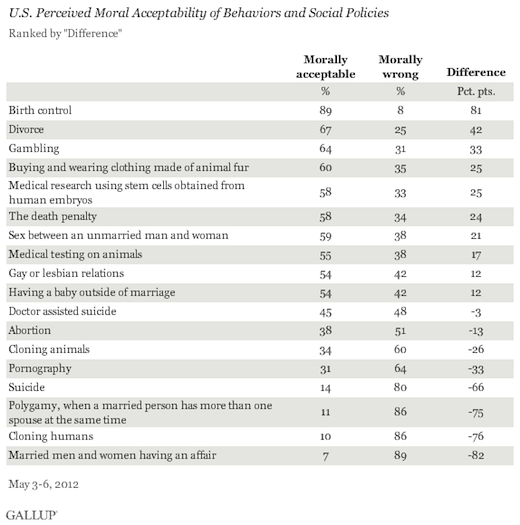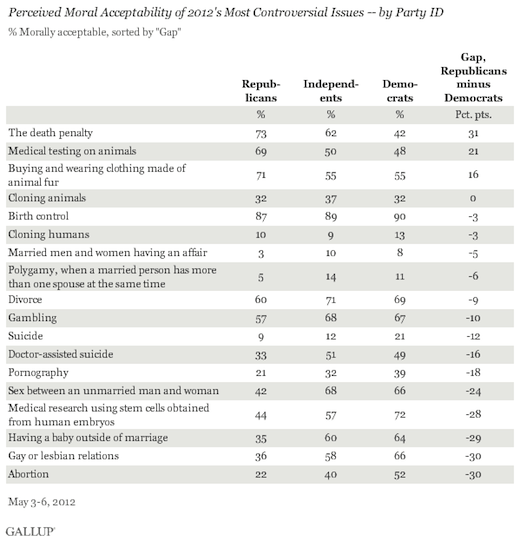Steve Bloor is an ex-Mormon, an ex-bishop, and a much nicer guy than I am. He’s so nice, he actually cares about other people’s feelings. If I could be like that — it would require a soul transplant, and since I don’t have a soul, there’s no place to put a new one. Ah, me.
His latest blog post has got me thinking. It’s titled: Is it right to try to influence others in the Church?
My first impulse is to say, “Of course. Why wouldn’t you? Next!” But it’s more complex than that, and it gets into the reasons why I write things here and there, so let me unpack it.
I like where Steve’s coming from. He knows that people are harmed by their involvement in the church, and that a rational worldview is the most helpful basis for living one’s life. I agree — dumping a layer of supernatural fictional goo isn’t going to help anyone think better or be a better person, at least not for any real reason worth mentioning. Maybe some people can be frightened into acting good for a while, but there are going to be some costs involved (and the church profits in the end), so I don’t see any real benefit.
Something Steve doesn’t mention is that as ex-Mormons, we sometimes try very hard not to ‘appear evil’. I certainly did; I didn’t want to confirm every rotten stereotype I’d been fed about people who leave the church. And one of the ‘evil’ things ex-Mormons do is talk about their experience, so sometimes people hesitate to do that. Seriously, I’ve run into a lot of people in the initial stages of their deconversion who ‘don’t wish to harm others’ with their knowledge. Isn’t that strange? Yes, deconversion is disruptive and difficult, but it’s not Jedi death rays.
So when Steve asks:
Should I try to raise awareness of the potential problems with their belief system?
Does my attempt at raising awareness actually achieve anything? Or does it create a feeling of being threatened & create fear in my TBM [true believing Mormon] friends and family? In the end is my attempt futile or counter-productive?
the answer is: Don’t worry! The ex-Mormon power has a unique attribute: it only works on people who are ready for it. It leaves True Believers entirely unscathed. There is no way you can ‘harm’ anyone’s faith. True Believers have a whole range of psychological defence mechanisms to protect their faith, including communal reinforcement, confirmation bias, and sudden-onset deafness. Don’t worry about ‘harming their faith’; because it isn’t built on reason, it’s very robust against rational attacks. Unless they take science and reason seriously, as good things — then it’s another story.
The other part of Steve’s question is a really good one:
Does my approach to this increase my own happiness & wellbeing, or does it cause me angst & emotional fatigue?
It’s a good point; if it’s pissing you off, you’re doing it wrong. Remember, we’re the ones who escaped! We’re not bound down by artificial guilt or arbitrary restrictions. We have permission to be happy. If the discussions are causing you angst, maybe you’re taking the need to convert others too seriously. (It’s a common holdover from the evangelical mindset.) Accept that some of your friends and family will never deconvert, and will stay in the Church their entire lives. Relax; they won’t go to hell or one of the lower kingdoms. Eternal punishment for the crime of misbelief is no longer one of your beliefs. Realise that long-term social and religious patterns are trending in our direction, even if the people you care about aren’t part of it. Once you’re free of the idea that you can deconvert people, it’s very liberating. You can accept your TBM friends, even if they can’t fully accept you.
So if we can’t deconvert them, and they may not even hear us, why speak out at all? Why be public? We do it because there are people around us who are deconverting, and if we’re visible, they’ll come to us for help. I have had several people from my mission contact me. They’d begun thinking thoughts that couldn’t be unthunk. So I’ve been able to talk to them and encourage them, and it’s been a great experience.
It’s perfect, really — those who are ready find us, and those who aren’t ignore us. Influence others? They influence themselves. All we have to do is stay visible.

















Recent Comments